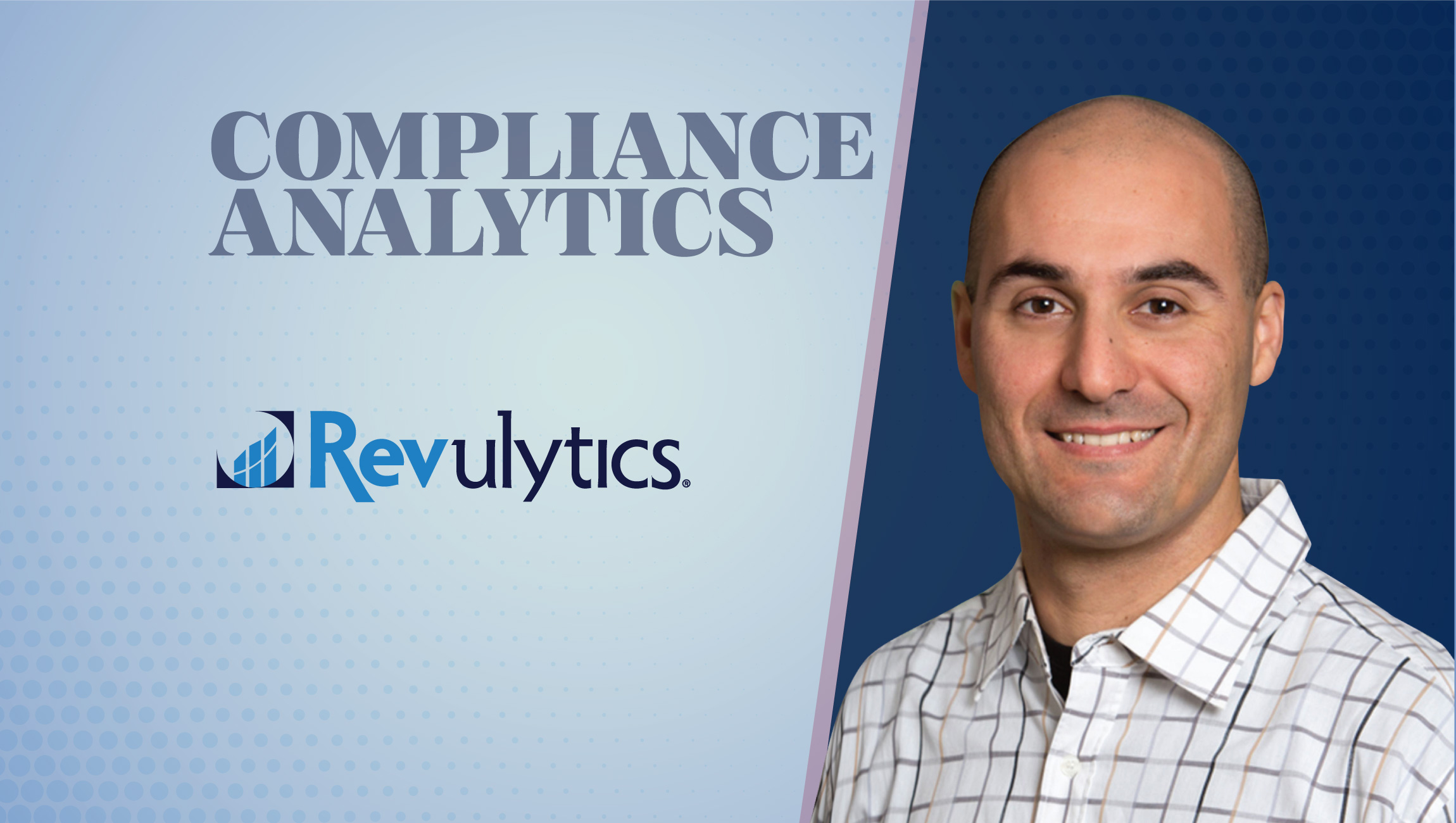Tell us about your role and the team/technology you handle at Revulytics.
As Vice President of Software Analytics, I am in charge of the business strategy and product roadmap for the Usage Analytics side of the business. I spend a good amount of my time in our European office working with the engineering team that handles the R&D related to the analytics engine and our SaaS portal. Most of the work we do involves building big-data technologies to collect, analyze and visualize data supporting customers with millions of installations.
How did you arrive at Revulytics?
I was the co-founder and CEO of Trackerbird, a software analytics company I started in Malta in 2010. In 2016, Revulytics acquired Trackerbird and I took up a VP role within the company. Trackerbird technology is the foundation of what is now Revulytics Usage Intelligence.
Tell us more about Revulytics Usage Intelligence and the technology driving it?
The Revulytics Usage intelligence platform consists of three main components. The first is the Client SDK that our customers integrate with their on-premise software. We provide APIs for various languages and platforms and the integration itself consists of just a few lines of code. Once the API is integrated, it enables any software running on Windows, Linux and Mac to collect anonymous installation and product usage data which are automatically and securely uploaded to the Usage Intelligence servers over the web.
Our customers can then analyze this data in real-time using out-of-the-box reporting with state of the art visualizations, allowing them to discover how their customers are making use of various features within their software, perform workflow analysis, analyze conversion and churn, and get metrics related to platforms and architectures that the product is running on. The framework also includes our ReachOut in-app messaging platform that allows customers to create campaigns to target specific audiences based on their status, historical usage of the product, and other properties or metrics.
Our core analytics engine was custom built using Python, C and MongoDB and runs on several Linux clusters. We also make use of a mix of other technologies for storing and real-time processing of data, with a primary aim of scalability.
How can CMOs and CIOs leverage your technology and solutions to optimize their software stacks?
The ability to combine in-app messaging with software usage analytics is a powerful tool for marketers. It allows granular segmentation by a wide range of filters so they can deliver hyper-targeted messages to the most relevant users. One of our customers – TechSmith – has used this approach to achieve 61% more clicks and 44% more conversions for upgrade campaigns compared to their email campaigns. Marketers can also leverage Conversion Funnel reports to better understand how users first enter and explore a product and compare the behavior of those who convert to those who do not. They can then target specific in-app message campaigns to introduce important functionality and encourage behavior that yields higher conversions.
How can Compliance Intelligence impact revenue and sales? Which metrics do you measure to ascertain the compliance?
The goal of a software license compliance program is to maximize license revenue from existing customers and active prospects by minimizing license leakage. License leakage occurs through overuse as well as the adoption of pirated software. By detecting unlicensed use and identifying infringers, software companies with mature programs can generate significant additional license revenue on top of their overall revenue.
From a vendor perspective, the key metrics for a compliance program are cases (leads) created and conversion rates. It is also important to measure the average deal price, additional products sold, and renewal rates on converted compliance targets. Sales and Marketing are always looking for new leads. A license compliance program identifies people already using the software and getting value from it, they’re just not paying for it.
What are the biggest challenges you face in Compliance Analytics?
For vendors without existing compliance programs, it can be a challenge to get a consensus from the management team to support an initiative. If there is already a compliance program in place there is greater interest in pursuing a data-driven approach that proactively identifies opportunities for new license revenue that enables them to scale and grow their program.
What are your predictions on the role of Blockchain and AI/ML further disrupting the Software Compliance Analytics markets?
Applying Blockchain to software licensing can help simplify distribution and authentication of licensing and reduce overuse, but overt piracy and licensing cracking will always be possible with distributed software. However, Machine Learning and AI along with software usage analytics will allow vendors to better predict customer behavior, software needs and eventually fill in the knowledge gap between customers and vendors that sometimes drives piracy in certain markets.
How do you work with AI, Machine Learning and other data-centric technologies to improve your product lifecycle?
We live in a data-centric world where you can no longer remain competitive unless your R&D and roadmap decision making is backed up by data. One bad PM decision can set you back months behind your competitors which can potentially lead to unrecoverable revenue and wasted resources.
As the ability to collect data improves and the costs for data storage keep decreasing, one major challenge we face is that the variety of data sources and volume of the data itself is always increasing. This can make it difficult to analyze all the (potentially conflicting) data in a timely manner and filter out what is noise from what is actionable. But having a good visualization tool and leveraging the power of AI can help highlight the relevant points of interest without having to manually sift through the noise. Getting faster and actionable answers will help you fine-tune and accelerate your product lifecycle to be able to focus on the features and products customers actually want and use while getting to market faster.
How did GDPR impact your business operations and 5 key lessons that you learned from the GDPR phase?
Given our focus on software usage data, it wasn’t surprising that we had to answer a lot of questions from customers and prospects in the run-up to GDPR taking effect. We worked with a firm that specializes in implementing and maintaining strong privacy programs to ensure continued compliance and help educate customers and prospects on the issues. While Usage Intelligence is built on anonymous data, it does allow custom data to be collected which could include personal information. Compliance Intelligence does leverage personal information to aid in the identification of infringers. But the bottom line for our customers is that our software usage and intelligence analytics platform can be leveraged in a manner that is GDPR compliant. There are several approaches that may be used to lawfully process personal information under GDPR. Here are 5 key lessons:
- A popular approach is to obtain consent from the data subject. In fact, this approach has been used by Revulytics’ customers in the past, but under the GDPR, provided that another basis, such as legitimate interest, is present, it is not necessary to rely on consent as the legal basis for the processing.
- Another approach, described under GDPR Article 6, provides a legal basis for processing based on the legitimate interests of the data controller or a third party. Recital 47 states “The processing of personal data strictly necessary for the purposes of preventing fraud also constitutes a legitimate interest of the data controller concerned.” Therefore, for solutions like Compliance Intelligence, consent is not needed for the processing of personal information to take place.
- Vendors still need to comply with GDPR’s fairness and transparency principle – including providing appropriate notices in their external privacy policy
- While not explicitly called out in a recital, the improvement of products and services may also be considered a legitimate interest, so consent is not needed for solutions like Usage Intelligence, especially if the data is anonymous
- In the event a vendor’s users are sensitive to their activities being tracked, they may want to consider obtaining consent for the collection of information for processing by solutions like Usage Intelligence. Consent would need to meet the requirements described above – be obtained by a clear affirmative act, be freely given, be specific and informed, and be unambiguous. It would also need to be revocable and you would need to address the fairness and transparency principle. An opt-out mechanism, accessible at any time, should be provided.
Keith Fenech is Revulytics’ VP, Software Analytics and was the co-founder and CEO of Trackerbird Software Analytics before the company was acquired by Revulytics in 2016. Following the acquisition, Keith joined the Revulytics team and is now responsible for the strategic direction and growth of the Usage Analytics business within the company.
Prior to founding Trackerbird, Keith held senior product roles at GFI Software where he was responsible for the product roadmap and revenue growth for various security products in the company’s portfolio. Keith also brings with him 10 years of IT consultancy experience in the SMB space. Keith has a Masters in Computer Science from the University of Malta, specializing in high-performance computing.
Revulytics offers cloud-based software usage analytics and turnkey services that give software producers deep visibility into how their products are being used and misused, providing them with actionable intelligence to generate revenue by converting unlicensed users into paying customers, optimize product development, and make data-driven decisions across their business.
Its compliance analytics solutions and services are used by leading software vendors to increase license revenue and globally reduce software piracy. Its software usage analytics solution provides valuable insight into product adoption, engagement, and environments, enabling product managers and developers to make data-driven decisions to meet customer needs and deliver contextually relevant messages to build customer satisfaction. Revulytics software intelligence has supported customer compliance programs generating more than $1.8 billion in new license revenue since 2010.











